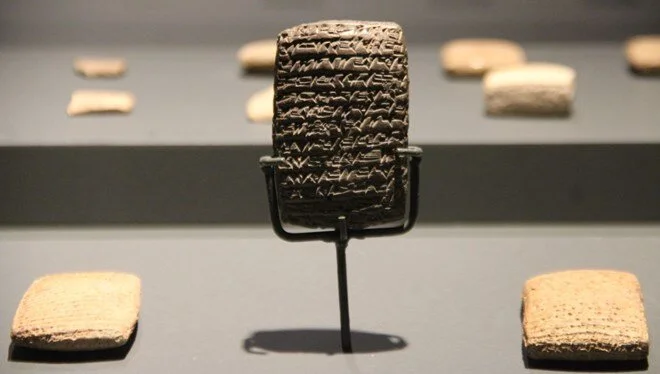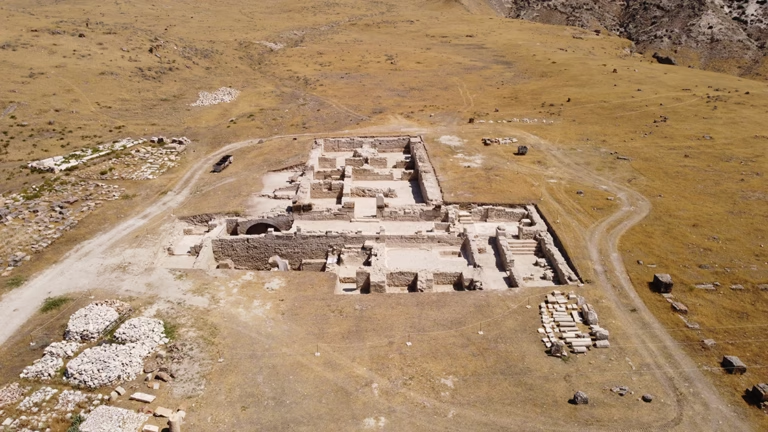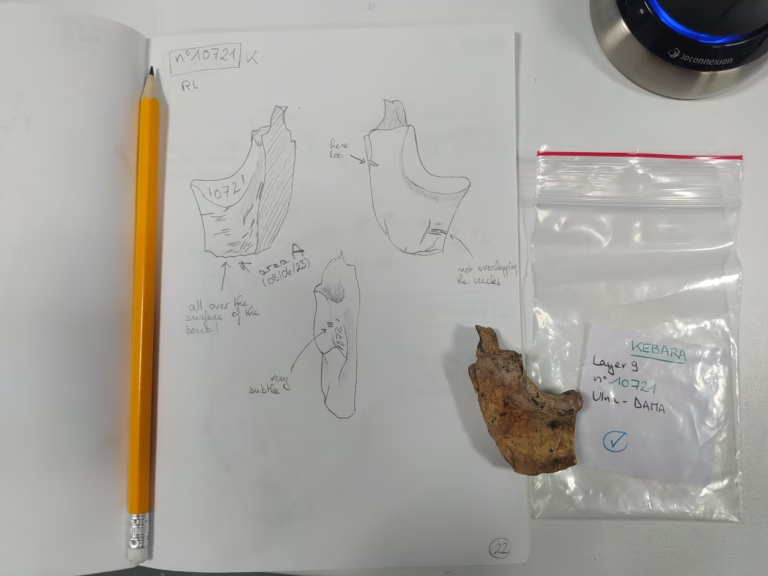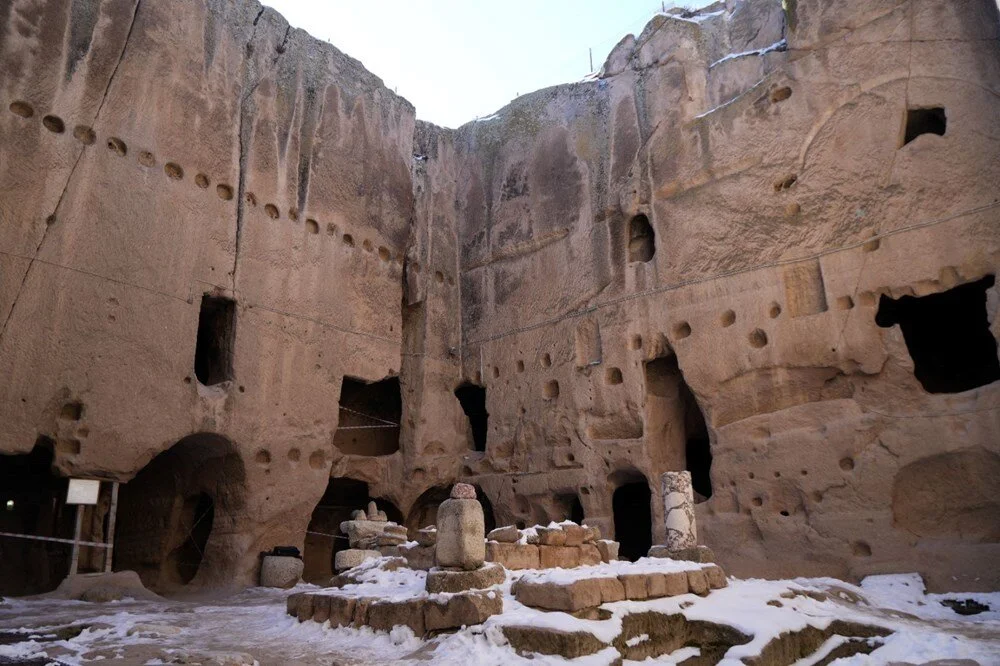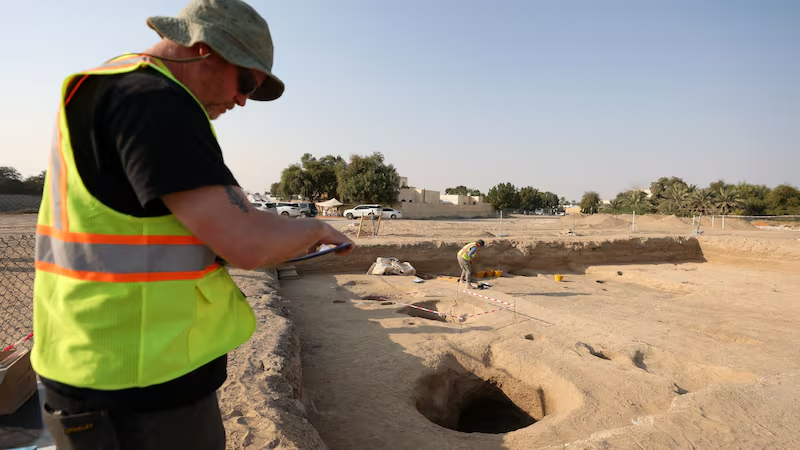Remarkable findings are emerging from the ongoing excavations at Kültepe-Kanesh-Karum, one of Turkey’s longest-running archaeological sites. Led by Prof. Fikri Kulakoğlu, the excavations of Assyrian cuneiform tablets dating back approximately 4,500 years have revealed traces of certain Turkish words commonly used today.
Located on the Kayseri-Sivas highway, Kültepe has been shedding light on Anatolian history for 76 years. The excavations, supported by the Ministry of Culture and Tourism and the Kayseri Metropolitan Municipality, are now in their 77th season. To date, over 23,000 cuneiform tablets, envelopes, and various records have been unearthed, providing significant insights into the economic and social lives of the people of that era.
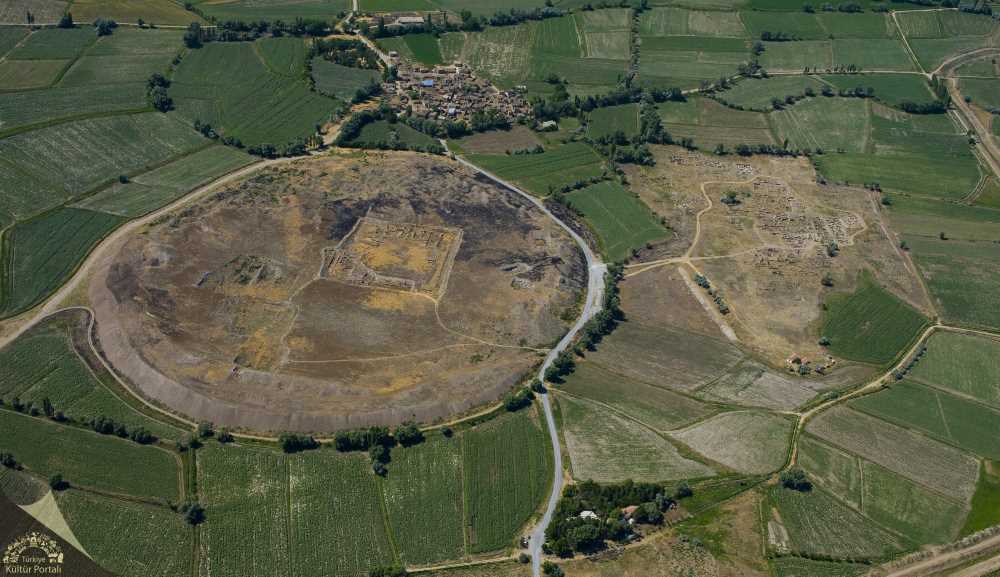
Head of the Kültepe Excavation, Prof. Fikri Kulakoğlu, highlighted a striking discovery within the Assyrian texts on the tablets, stating, “Over the 77 years of excavations at Kültepe, more than 23,000 cuneiform tablets, envelopes, and records have been found. The language on these tablets is Assyrian, written in cuneiform script. While many words on the tablets are purely Assyrian, it’s quite astonishing to see words that are very similar to, and even the roots of, words we still use in Turkish today.”
Kulakoğlu mentioned that among these surprisingly similar words are “kira” (rent), “şemsiye” (umbrella), “emlak” (real estate), “akran” (peer), “esir” (captive), “akşam” (evening), “kadir” (value/worth), “keser” (axe), “müzakere” (negotiation), “reis” (chief/head), and “vekil” (deputy/representative) – all words frequently used in daily life. This discovery holds significant importance for understanding the origins of the Turkish language and its linguistic connections with the ancient civilizations of Anatolia. As excavations at Kültepe continue, future research in this area is expected to unveil even more information about the depths of the Turkish language.
